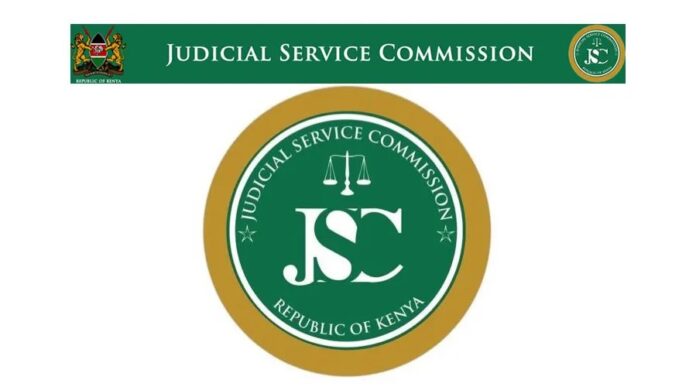JSC Announces 800+ Jobs in 30 Counties
JSC says that there are more than 800 job openings in 30 countries. The Judicial Service Commission (JSC) has made it official that there are more than 800 job openings in 79 courts in 30 different counties.
Some of the counties that are included are Turkana, Nyandarua, Nakuru, Tana River, Isiolo, Kericho, Narok, Bomet, Laikipia, Uasin Gishu, Baringo, Nandi, Elgeyo Marakwet, and Bungoma.
Some of the others are West Pokot, Trans Nzoia, Machakos, Kajiado, Kitui, Makueni, Marsabit, Nyeri, Kwale, Kilifi, Lamu, Taita Taveta, Embu, Kirinyaga, Meru, and Tharaka Nithi.
These short-term contract jobs are open for applications until September 18, 2023.
There are three types of open positions: scanner workers, digitalization team leaders/quality assurance roles, and digitalization agents whose main job is to enter data.
For any of these jobs, candidates must have at least a C- on the Kenya Certificate of Secondary Education (KCSE) and a certificate in computer studies.
Those who are eligible should live near the right building. It would be best if you already knew how to enter data or had experience with Ajira and a proof of Ajira training.
Those who want to be scanning operators must know how to use scanning tools well. Team leader and quality assurance jobs require a diploma or the equivalent in a related field and proof of previous leadership experience in digital work.
The Case Tracking System (CTS), which was made to speed up the delivery of justice by streamlining and automating different court and register tasks, will be very important in getting the Judiciary to use it.
Based on how busy each station is and how many people work there, the jobs will last anywhere from five to fifty-four days.
The people who want to do data entry will send their reports to their team leaders, who will then send them to the station’s leaders.
Data entry agents are in charge of getting files from registry managers and preparing physical files. This includes unbinding, sorting documents by age, separating files by age, listing, pagination, indexing, and rebinding files to their original order and state.
Scanner workers are responsible for giving scanned files the right names, checking the quality of finished files, saving data to a network storage system, and uploading files to CTS.
Team leaders will be responsible for assigning tasks to team members, checking the quality of scanned documents before allowing them to be uploaded to CTS, making sure files are returned to their original state, making attendance lists, and overseeing the receipt of files from the responsible registry. They are in charge of putting together the final report, which will be given to the station’s management.






